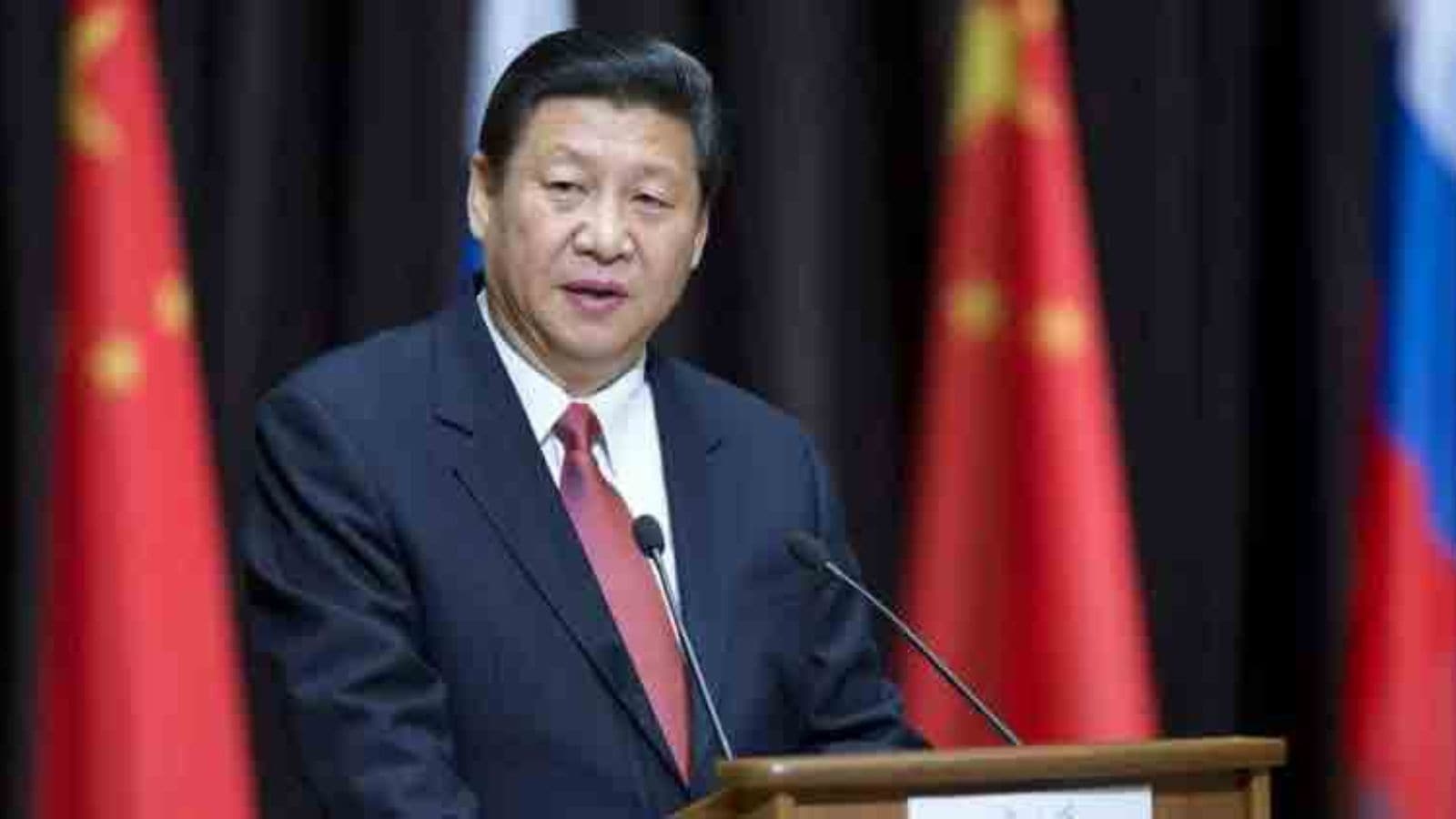 |
|
The article details the immediate escalation of trade tensions between the United States and China following President Trump's decision to impose tariffs on goods from various countries. China's response, a 34% tariff on all US goods entering the country, signifies a significant escalation and confirms the beginning of what could be a protracted and damaging trade war. The article highlights the tit-for-tat nature of the conflict, with China's retaliatory measures directly linked to Trump's earlier actions. This immediate response underscores the sensitivity of the trade relationship and the potential for rapid escalation when either side takes aggressive action. The article also points to China’s intent to add 16 US entities to an export control list and classifying 11 others as “unreliable” entities, signalling that the countermeasures extend beyond tariffs and into broader economic restrictions. These non-tariff barriers are designed to further pressure the US and protect Chinese national security interests, according to the Commerce Ministry’s statement. The article mentions Trump's justification for his actions, claiming that other countries, including China, have been engaging in unfair trade practices, often referred to as “cheating.” He cited a chart listing US trading partners and the tariffs he claimed they imposed on the US, adding that his administration was implementing reciprocal tariffs to level the playing field and address long-standing trade imbalances. Trump specifically accused China of imposing 67% tariffs on US imports, a figure that includes the impact of currency manipulation and other non-monetary barriers. He argued that the US has been taken advantage of for years and that his policies were necessary to protect American interests. The mention of President Trump acknowledging his respect for President Xi Jinping despite the trade conflict suggests a complex dynamic where personal relationships and diplomatic considerations are intertwined with economic policy. Trump's statement that China will “fight” indicates an expectation of further resistance and potential escalation of the trade war. The article sets the stage for a prolonged period of economic uncertainty and highlights the potential implications for global trade flows, supply chains, and economic growth. The conflict's potential impact on businesses and consumers in both countries is significant, making it a critical issue to monitor. The rapid escalation following Trump's tariff announcement indicates that both sides are prepared to engage in aggressive trade tactics, creating a climate of uncertainty and risk for the global economy.
The context surrounding the trade dispute is important for understanding the motivations and actions of both the US and China. The US has long-standing concerns about China's trade practices, including intellectual property theft, forced technology transfer, and currency manipulation. These issues have fueled a perception in the US that China has been unfairly benefiting from its trade relationship with the US. Trump's approach to trade policy is characterized by a more confrontational and protectionist stance compared to previous administrations. He has consistently advocated for bilateral trade agreements and has been willing to use tariffs as a tool to pressure other countries to change their trade practices. China, on the other hand, has defended its trade practices and has accused the US of protectionism and unilateralism. China argues that it has been a responsible global economic actor and that its economic growth has benefited the world. China also views the US tariffs as a violation of international trade rules and a threat to the multilateral trading system. The trade war between the US and China has broader implications for the global economy. It could lead to a fragmentation of global supply chains, as companies seek to diversify their production and sourcing to avoid tariffs. It could also lead to a slowdown in global economic growth, as businesses and consumers face higher prices and greater uncertainty. The trade war could also exacerbate geopolitical tensions between the US and China, as the two countries compete for economic and political influence in the world.
Furthermore, the economic impact of these tariffs extends beyond the immediate trade relationship between the US and China. Other countries that trade with both nations may also be affected, as the tariffs could disrupt global supply chains and alter trade flows. For example, countries that export components or raw materials to China for use in manufacturing goods that are then exported to the US could see their exports decline. Similarly, countries that import goods from either the US or China could face higher prices as a result of the tariffs. The potential for a global economic slowdown is a significant concern. As trade tensions escalate, businesses may become more hesitant to invest and expand, leading to slower economic growth. Consumers may also reduce their spending as prices rise and economic uncertainty increases. The International Monetary Fund (IMF) and other international organizations have warned that the trade war could have a significant negative impact on global economic growth. In addition to the economic consequences, the trade war could also have political and geopolitical implications. The conflict could lead to increased tensions between the US and China, potentially undermining cooperation on other global issues such as climate change and nuclear proliferation. The trade war could also encourage other countries to adopt protectionist trade policies, further undermining the multilateral trading system. The World Trade Organization (WTO) is the main international body that regulates trade between countries. However, the WTO has been weakened in recent years, and the US has blocked appointments to the WTO's appellate body, which resolves trade disputes. This has raised concerns about the future of the multilateral trading system and the ability of countries to resolve trade disputes peacefully. Therefore, the trade war between the US and China is a complex issue with far-reaching consequences for the global economy and international relations. It is essential to closely monitor developments and to seek constructive solutions to resolve the conflict.
